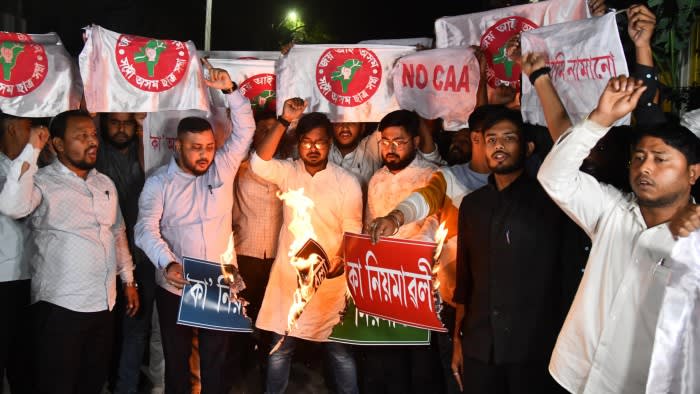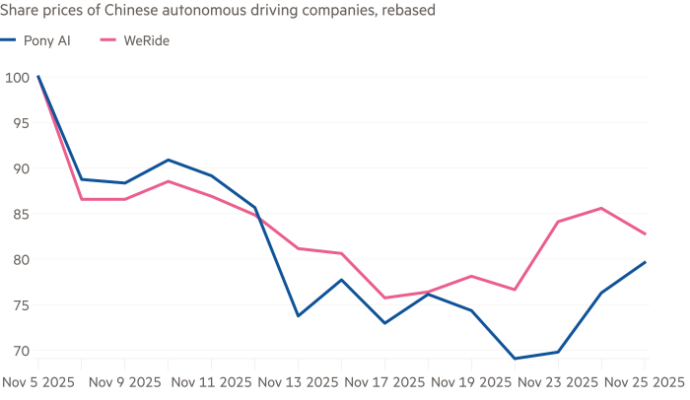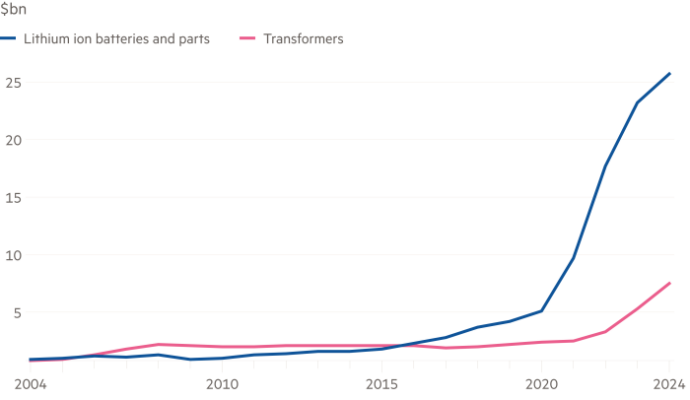
Unlock the Editor’s Digest for free
Roula Khalaf, Editor of the FT, selects her favourite stories in this weekly newsletter.
Narendra Modi’s government has implemented a controversial law on Indian citizenship that has been widely criticised as discriminating against Muslims and sparked massive protests when it was enacted four years ago.
The official announcement by the home affairs ministry on Monday of the rules for use of the 2019 Citizenship (Amendment) Act came just days before the government is expected to set a date for the next general election.
Modi’s Hindu nationalist Bharatiya Janata party is seeking to increase its parliamentary majority and to secure the 73-year-old leader a third five-year term at the election, which is expected to be held in April and May.
The act provides a fast track to Indian citizenship for Hindus and members of five other minority religions who arrived in India before 2015 from Pakistan, Bangladesh and Afghanistan, India’s Muslim majority neighbours, and who experienced persecution in their home countries.
The act, which also covers Sikhs, Parsees, Buddhists, Jains and Christians, extends no such rights to Muslims, many of whom were angered by legislation they saw as discriminatory.
The home affairs ministry said it would now be accepting online applications for citizenship under the law.
When India passed the act in December 2019, mass protests involving hundreds of thousands of people broke out in New Delhi and elsewhere in India. Dozens of people were killed in clashes during the protests. The UN High Commissioner for Human Rights said the legislation was “fundamentally discriminatory”.
India has the world’s largest Muslim minority population, numbering roughly 200mn people.
Amit Shah, India’s home affairs minister, has insisted the act does not take away citizenship, describing it instead as a law to “provide citizenship” to persecuted people from neighbouring countries. The legislation was part of the ruling BJP’s manifesto for India’s last election in 2019, but the Modi government had held off on implementation.
Opposition politicians criticised the move. “This is nothing but the BJP’s [attempt at] publicity before elections,” Mamata Banerjee, head of the All India Trinamool Congress, India’s second-largest opposition party, told journalists.
Nilanjan Mukhopadhyay, a writer and expert on Hindu nationalist politics, said Monday’s announcement on the citizenship law was “aimed at showing that all Hindu-first policies are being implemented”.
“This is the standard dogwhistle politics of the BJP,” he said.
Modi’s critics have accused him of degrading India’s secular values during nearly a decade in power and of presiding over a surge in anti-Muslim hate crime and discrimination.
In January, the prime minister attended at the consecration of the Ram Mandir Hindu shrine in Ayodhya in the northern state of Uttar Pradesh. The shrine was built on the site of a mosque torn down by religious zealots in 1992.


